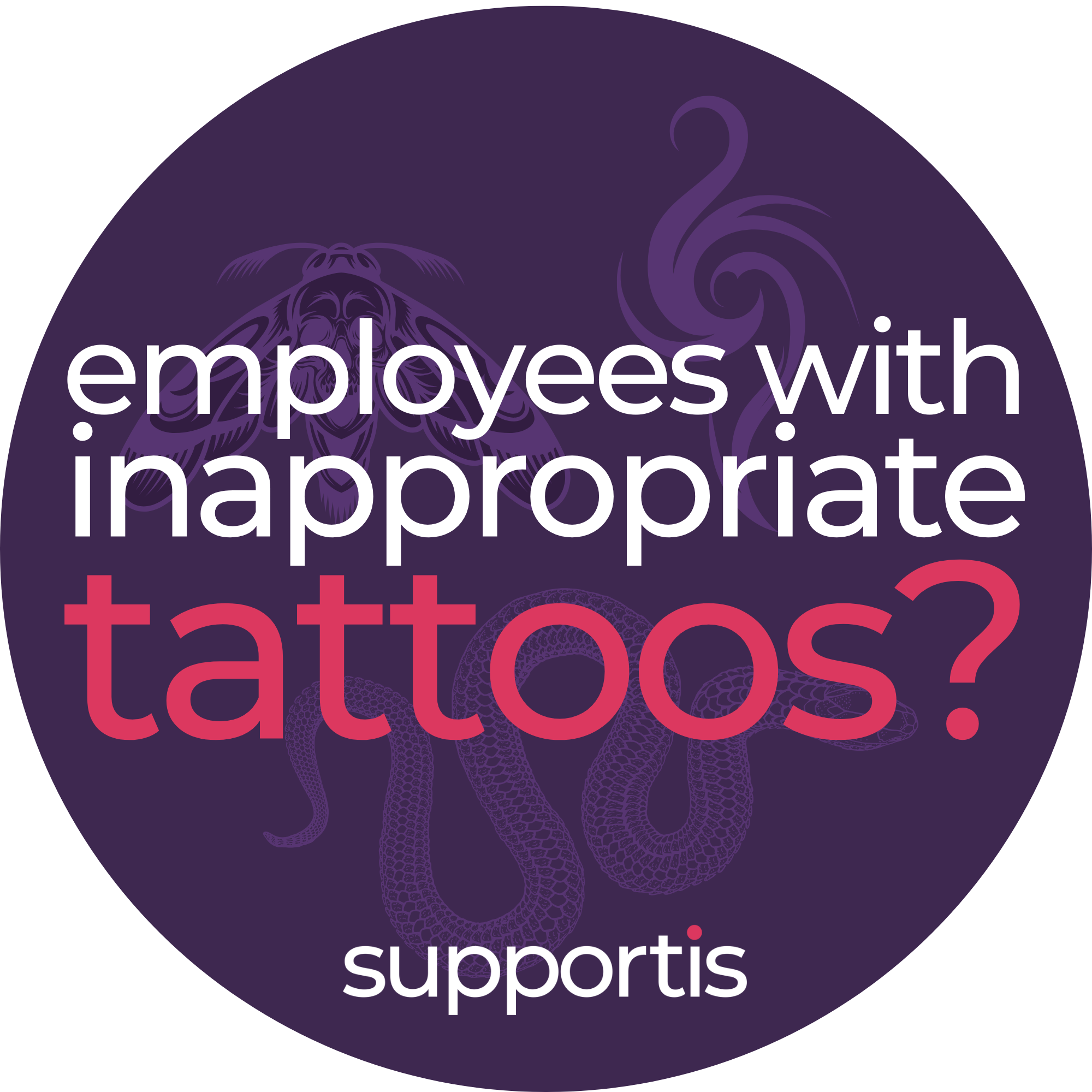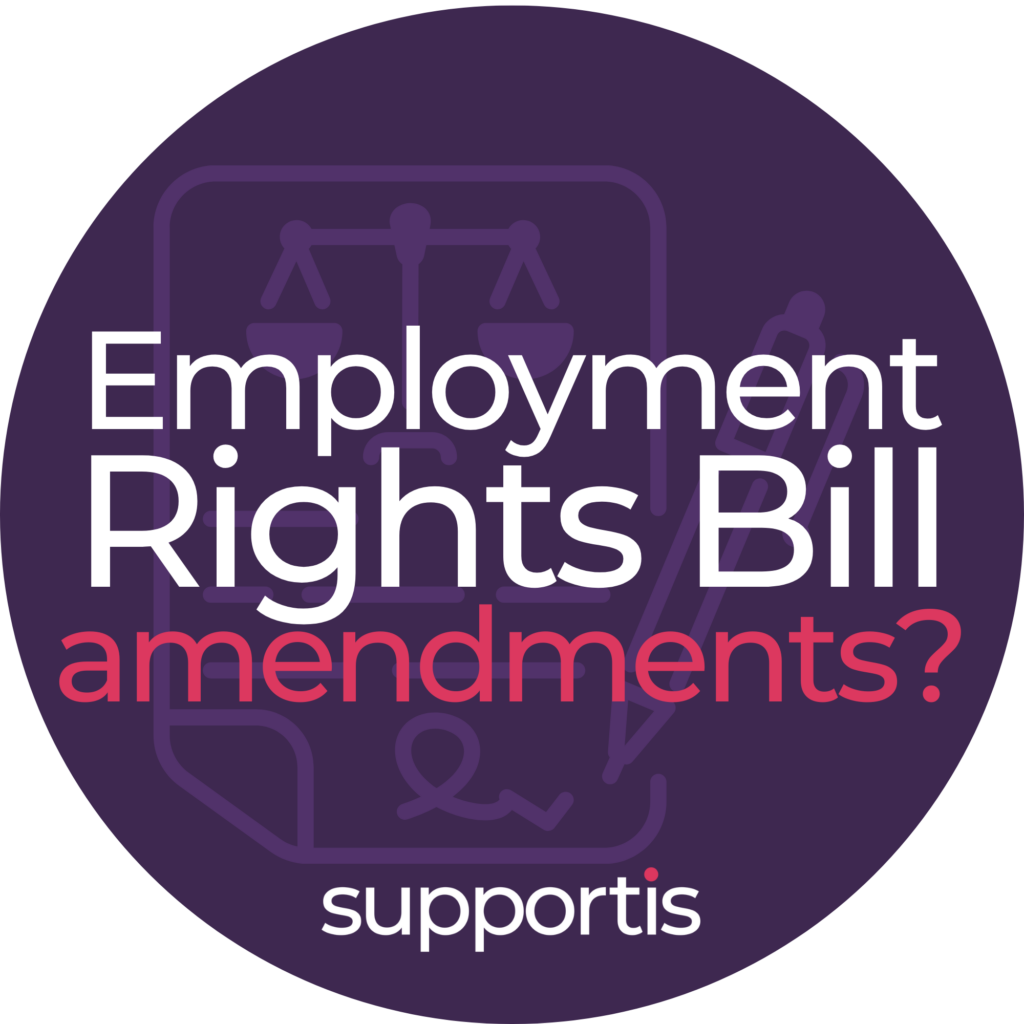The recent news regarding Police Scotland, where a record number of recruits were rejected due to inappropriate tattoos, serves as a stark reminder for UK employers: body art can be a complex HR and Health & Safety issue. With increasing societal acceptance of tattoos, how do you balance individual expression with your company’s image and legal obligations?
The Police Scotland Case: A Cautionary Tale
The details of the rejected tattoos – depicting graphic violence, sexual themes, and offensive imagery – highlight the potential for body art to cause offence and raise concerns about an employee’s professional conduct. While Police Scotland has a specific policy, this situation raises broader questions for all UK employers.
Key Considerations for UK Employers
Discrimination and Equality Act 2010
Instead of implementing a blanket ban on tattoos, which could potentially be discriminatory if it disproportionately affects certain groups, employers should focus on the specific nature of the tattoo and its potential impact on the business. Furthermore, it is imperative that any policy regarding tattoos is applied consistently and fairly across the workforce.
Company Image and Reputation
When determining your stance on employee tattoos, consider the nature of your business and the potential impact of visible tattoos on your brand image. In particular, for customer-facing roles, it may be necessary to implement specific guidelines regarding visible tattoos. Ultimately, a clear and well-communicated policy is crucial for ensuring consistency and managing employee expectations.
Health and Safety
Although less frequent, certain tattoos may present health and safety risks in specific work environments, such as those demanding stringent hygiene standards or where tattoos could impede the effective use of personal protective equipment. The postponement of Police Scotland’s beard ban, following consultation with health and safety experts, effectively demonstrates the critical importance of seeking professional advice before implementing any policy that could potentially impact employee wellbeing.
Employment Contracts and Policies
Clearly define your company’s stance on tattoos within your employment contracts and policies. Specifically, these documents should include comprehensive guidelines regarding acceptable and unacceptable tattoos, with particular attention paid to visible body art. Furthermore, it is imperative that your policies are legally sound and fully compliant with all current Employment Law.
Recruitment and Selection
Transparency regarding your company’s policy on tattoos is crucial during the recruitment process. Candidates may be asked about any visible tattoos and the potential impact these may have on their prospective role. In situations where the employee’s image is of paramount importance, such as in the case of Police, considering requesting photographs of tattoos is a valid approach.
Disciplinary Procedures
If an employee’s tattoo is considered inappropriate, follow your company’s disciplinary procedures. Explain your concerns clearly and consider solutions like covering the tattoo or changing the employee’s role.
Practical Advice for UK Employers
Create a fair, consistent, and legal written tattoo policy that employees are free to access at any time, and know of it’s existence and whereabouts. Treat each case individually, based on the tattoo and its effect on the business.
If you’re facing uncertainties regarding the legal aspects of your tattoo policy, please don’t hesitate to contact Supportis on 0161 603 2156, or at [email protected]. We can provide expert guidance to ensure your actions as an employer remain legally compliant and help you manage the situation effectively.




